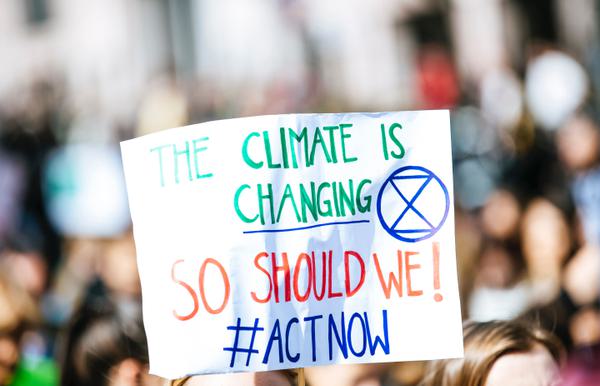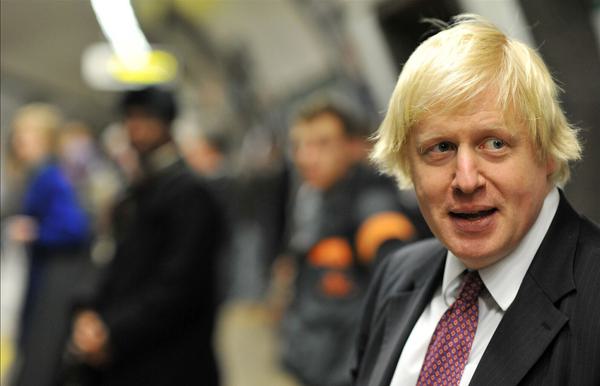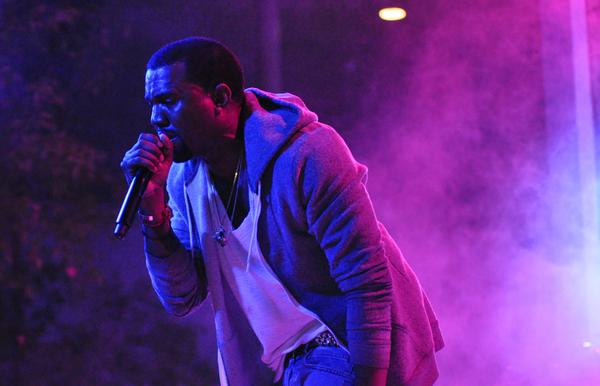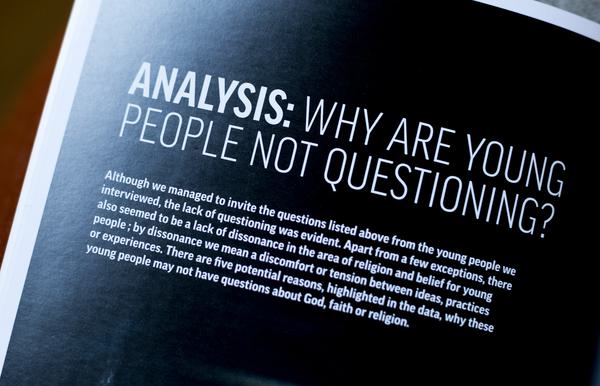It’s election season, but do young people really care? Christians in Politics Intern Alasdair Howorth found both discouragement and inspiration through local canvassing; here he explores how engagement could empower the next generation.
An age of apathy
As part of my work with Christians in Politics, my boss Andy Flannagan and I travelled north to do some canvassing in the build-up to the election. One of the first doors we knocked on was answered by an 18-year-old. When we told her why we were knocking on her door she said, “Oh I think I’ve heard about that, but I don’t know anything about it.”
It was a shocking statement to someone who works for a political charity and is invested in politics. This is the biggest election in my lifetime and will impact our nation potentially more than any election in the last 100 years. I have spent sleepless nights stressing about the outcome and countless hours in the last months desperately trying to convince my friends to agree with me, because I genuinely believe in my party’s message and that the other alternatives will be incredibly destructive to the United Kingdom and beyond. The idea of someone not even knowing or caring about the election, with their future at stake, left me dumbstruck.
The reality is that she has never been given the chance to care about an election or politics. When we asked her about why she hadn’t engaged with it she said she was more concerned about the job interview she had later that day. Young people are more often than not caught in a liminal space between support structures. They have left the family unit and school, but haven’t had the chance to forge other support networks through work, social clubs, relationships, etc. It was clear that she was crying out for a support network like church, or youth workers like yourselves, who can support people in that transition to adulthood so they have space to be concerned with society and politics.
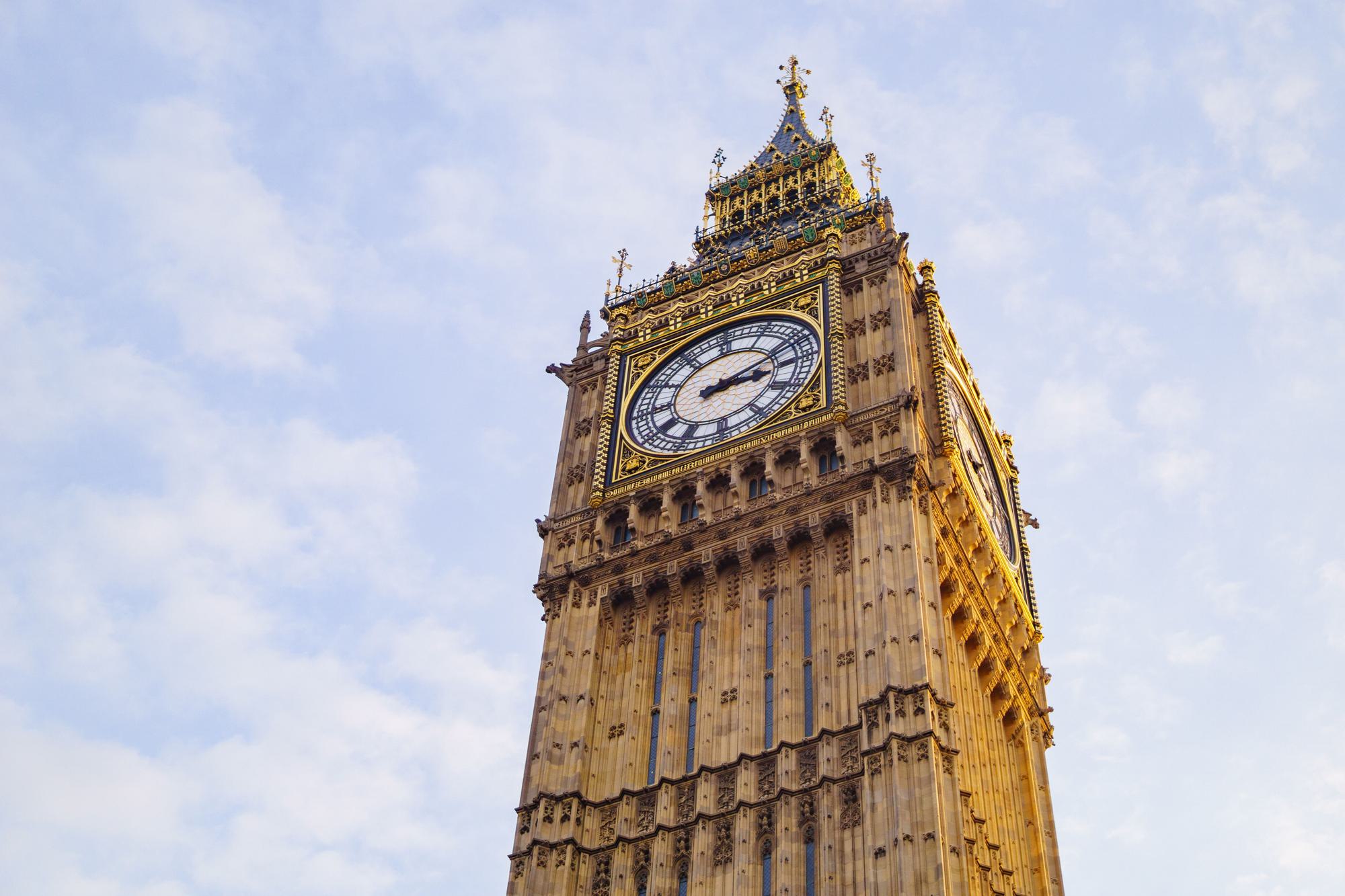
Disenfranchised, disappointed…powerless?
As I reflected on that conversation and others from the day, I realised that people like that young person do care about politics, but they have been let down by politics. When we began talking to people about actual issues that mattered to them like buses and how the local hospitals are run, people did have strong opinions and really cared a lot. Similar to Jemimah’s reflections on young people and climate change, the young people I encountered did care about politics and this general election, but they had no platform to demonstrate that. More precisely, they felt they had no power to change things.
One popular narrative about politics for young people is that there is no point in voting because no one in power listens to or cares about young people. I don’t blame them for thinking that way. Growing up as a young person in the UK is growing up in a world of cuts to services for young people, cuts to schools, increasing violent crime, a broken benefits system and a politics increasingly characterised by false promises covering rapacious wealth and power-grabbing at the expense of those most vulnerable in society, resulting in rising numbers of children growing up in poverty. When I look at the statistics of young people voting in the most recent general elections and the Brexit referendum it is a terrible reflection on both government (locally and nationally) and how the state has let down young people. In my work on estates for a church in North London, it is clear that the more government positively interacts with people (following through on promises, making positive change) the more that people will engage with politics as the difference their vote makes is more palpable.
With this in mind it is clear to me that the lack of political engagement from young people is a sad indictment on how much they have been let down by politics. No wonder the young lady I met on her doorstep wasn’t interested in the election. She was more concerned with her job interview later that day; with paying to feed herself and put a roof over her head. There is a strong sense among young people (as well as other disenfranchised groups) that they have no power.
“Growing up as a young person in the UK is growing up in a world of cuts to services for young people, cuts to schools, increasing violent crime, a broken benefits system and a politics increasingly characterised by false promises…young people do care about politics, but they have been let down by politics.”
As those who work with young people, it is our duty to show them that this is a lie! Young people do have power, not as much power as those who have taken away their voices, but young people have power, nonetheless. Again, I turn back to Jemimah’s article and the example of the climate strikes. As she said: “The young people didn’t take part in the strike because they were passionate, instead they are now passionate because they took part in the strike.” The young people who took part in the climate strikes felt empowered because that’s what they were. They were seeing for the first time the power that they possess as individuals and collectively.
Engaged and empowered
The question then is how do you show young people the power that they do have, and help them force those who don’t listen to them to sit up and take note? In the same way that I was disheartened to meet disinterest while canvassing, I took incredible encouragement from the other young people I met. Just ten minutes after that discouraging conversation, we bumped into a young guy on the street coming back from a shift at work. He asked us what we were doing and when we told him, he asked if he could join in the canvassing. He wasn’t a part of a party and had no political experience, but he cared about these same local issues and wanted to change things. Just like that we had another door knocker and someone chatting away with his local candidate, who is likely to be an MP in a week’s time. By engaging in the most basic form of politics, chatting with people on their doorstep, he was now engaging with someone who will potentially be at the heart of British political power. The candidate took the time to even explain to him the whole process of getting involved with your local party branch and becoming a local councillor.
Later that afternoon I met another young woman who was a local councillor leading the canvassing. She wasn’t some special young person who had been brought up politically. She worked at the local airport and got involved because she passionately cared about how her hometown was run and she was now at the heart of local politics and affecting national politics. Local politics is a great way to get young people involved in politics because the difference that they can make is more tangible and the demonstration of that power is more acute.
I even met a 14-year-old who was telling me about the policies she believes in and her eyes lit up when she we asked her what party she would vote for if she could. These people we met all came from different backgrounds and all had no interest beyond that first young lady I met. The difference was these others had been shown what it was like to be a part of the political process and so tasted the power that they do actually possess. That first conversation had shocked me and left me deflated when thinking about young people in politics. However, by the end of the day I was inspired by young people and by the prospects of a United Kingdom where we let young people realise and exercise their political power.
From my own experience, going out and campaigning made me feel empowered to be more involved in politics. The need for engagement in order to bring about empowerment is the first step to transforming the way young people engage with politics.
You can find out more about the work of Christians in Politics here.





